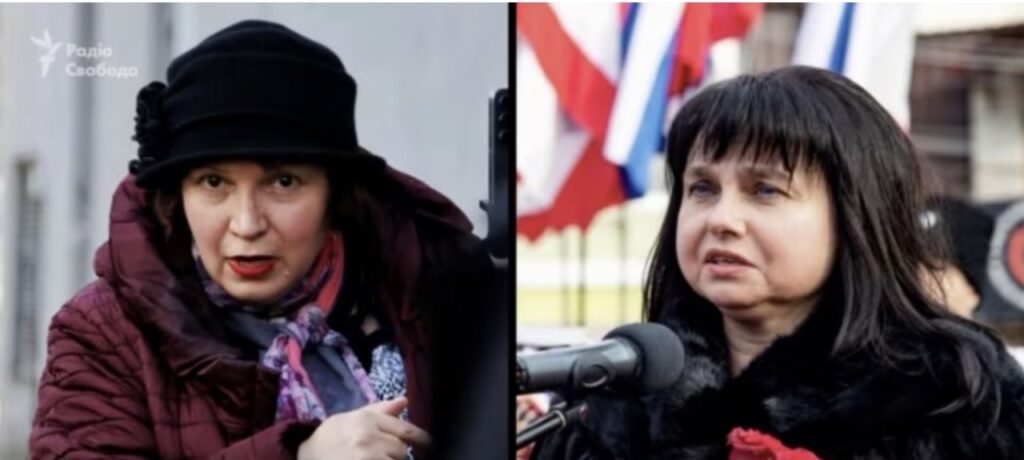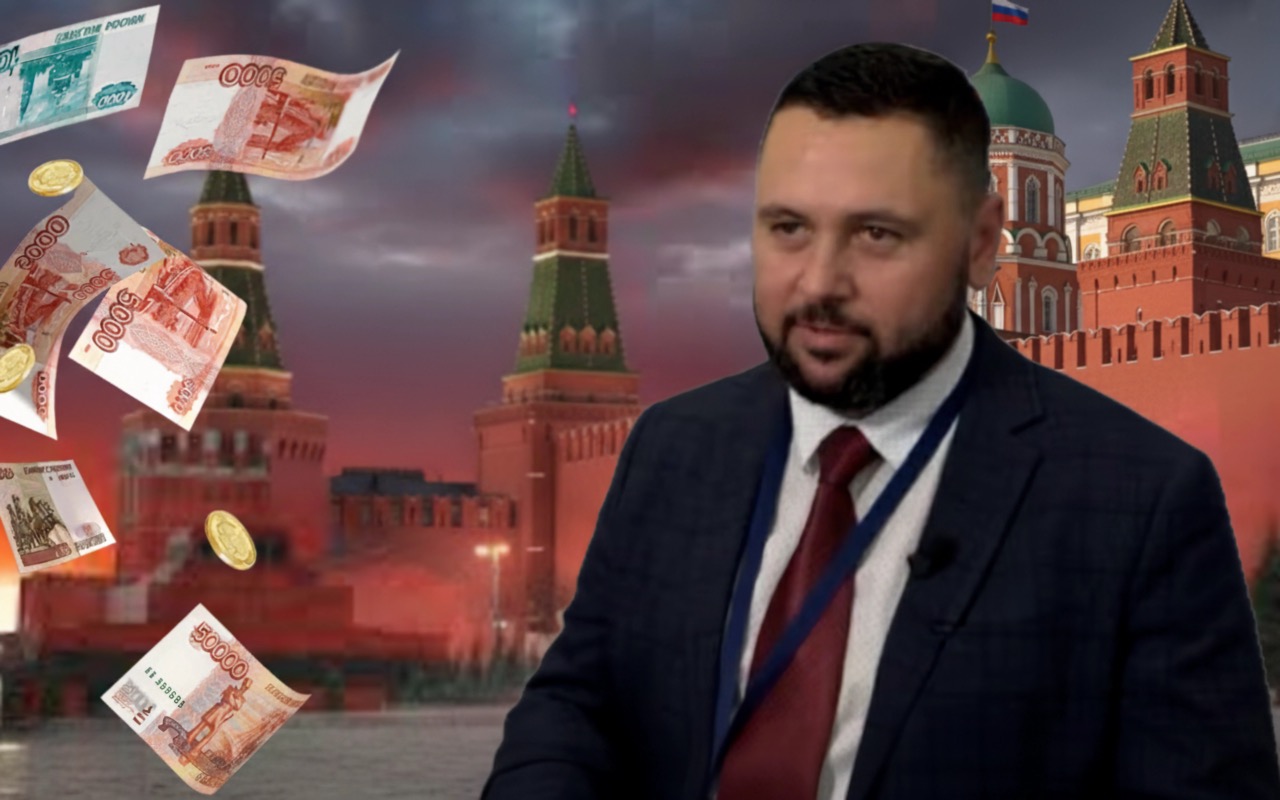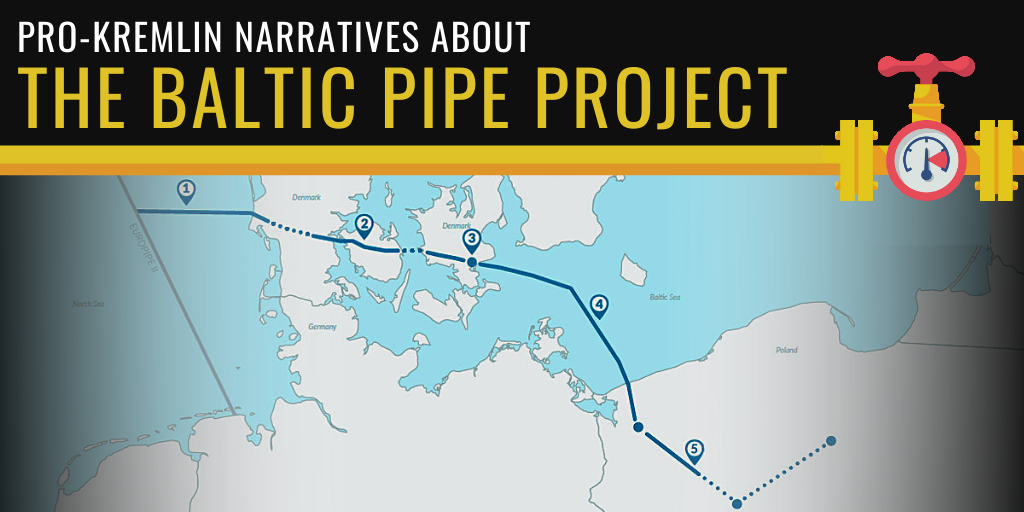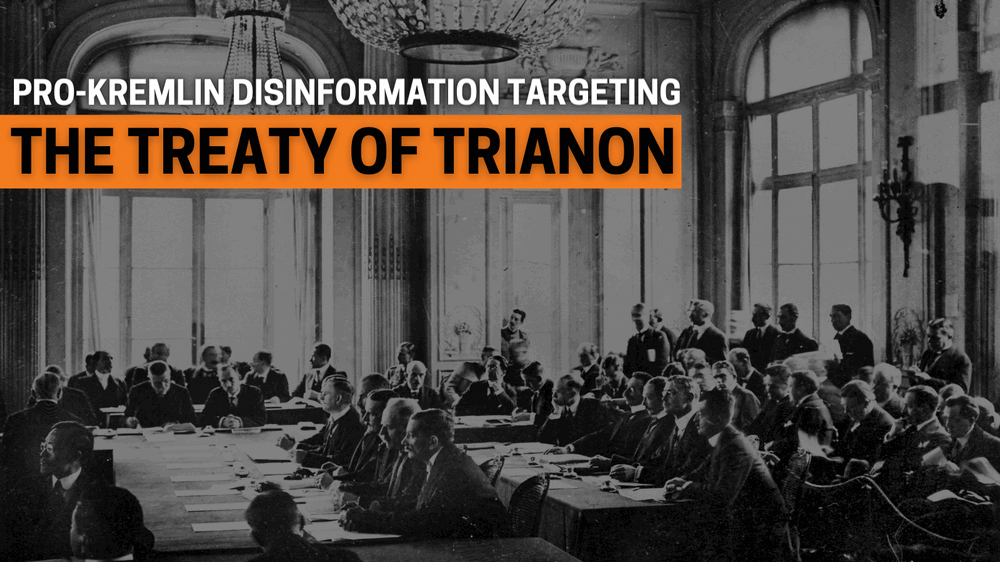A leak-based investigation by Radio Svoboda's Skhemy team reveals how a Kremlin-controlled "human rights" foundation has financed a network of lawyers, legal-aid centers, and websites in Ukraine. Presented as routine support for "compatriots abroad," it functions as Russian hybrid warfare in Ukraine: undermining mobilization, spreading anti-Ukrainian narratives, and feeding Moscow's propaganda apparatus.
While international attention focuses on military aid and sanctions, this investigation exposes infrastructure Russia built inside Ukraine to undermine mobilization, normalize draft evasion, and produce propaganda materials—all disguised as legal assistance.
A "rights fund" built by the Russian state
At the center is the "Fund for the Support and Protection of the Rights of Compatriots Living Abroad," known as Pravfond. An investigation by The Guardian based on leaked documents shows it was founded by Russia's Foreign Ministry and state agency Rossotrudnichestvo, with Foreign Minister Sergey Lavrov chairing its supervisory board.
Danish public broadcaster DR received a data trove of tens of thousands of emails containing documents about this fund from a source and recently shared some of them with the Organized Crime and Corruption Reporting Project (OCCRP) and other newsrooms, including the investigative team “Skhemy” of Radio Svoboda.
Skhemy found Russia's Foreign Ministry earmarked around 180 million rubles (approximately $2.2 million) for Pravfond in 2025, with a slightly larger sum planned for 2026.
Pravfond's "Ukrainian direction" included:
- a Center for Legal Consultations in Kyiv, where lawyers received visitors and compiled reports for the Russian side on alleged “war crimes of the Ukrainian Armed Forces” and “violations of the rights of Russian-speaking citizens”;
- “legal support” websites whose most popular topics are emigration procedures, leaving Ukraine, and ways to delay or avoid military mobilization;
- analytic notes prepared by Ukrainian lawyers and sent to Russian government institutions, including the Foreign Ministry and State Duma.
In 2022 alone, the Kyiv center provided 318 free consultations, operating five days weekly while preparing analytical materials on "rights violations" for Russian officials.
The Kremlin built legal infrastructure inside Ukraine that could influence citizens' behavior while producing "evidence" for Russia's information and diplomatic campaigns.
Pravfond curators in Ukraine
Leaked reports show Ukrainian citizen Yevhen Baklanov overseeing Pravfond's Ukrainian operations from Moscow. Skhemy's investigation reveals his involvement in pro-Russian civic structures before the full-scale invasion.
Baklanov fled to Russia and has been wanted by Ukrainian law enforcement since 2022 on treason charges. Internal Pravfond documents and his Russian bank statements show he received three tranches totaling almost 5 million rubles (approximately $61,680) this year alone, plus 7.5 million rubles (approximately $92,520) the previous year.
Apart from Baklanov, the investigation identifies three other Russian curators of various "Pravfond" initiatives in Ukraine.

- Vyacheslav Yelagin is named as the head of Pravfond in Moscow and oversees overall operations.
- Maksim Zelensky is responsible for projects in Ukraine's south and east, managing local contacts and information platforms.
- Dmytro Mitskis, a journalist and editor of pro-Russian media, is involved in the organization's information support activities.
Lawyers in grey zone

Of those named, only Svitlana Novytska faces criminal prosecution in Ukraine for state treason, accused of collaborating with Russian intelligence and receiving Pravfond payments. The investigation cites an estimated $140,000 legal services budget ($5,000 monthly from 2020-2022) for defending alleged FSB agent Tetyana Kuzmych in Kherson. Novytska denies receiving these funds, and confirmed account deposits remain unverified.
Ukrainian lawyer Vitaliy Sobkovych was listed to receive 720,000 rubles (approximately $8,880) for analytic work and consultations. He told journalists he knows Baklanov but denied cooperation or involvement.
Volodymyr Menkivskyi, appearing in 2016 financial spreadsheets showing Pravfond payments, called suggestions he took Russian money "funny" despite Ukrainian tax documents confirming transfers from a Baklanov-linked NGO financed by Pravfond.
When contacted by journalists, named individuals followed similar patterns in their responses: some acknowledge past cooperation before 2022 but claim they severed ties; others say they attended events unaware of Pravfond funding; some flatly deny involvement despite documentary evidence.
When Skhemy contacted Ukraine's Security Service for comment on the lawyers mentioned in the leaks, the agency said it is 'taking measures in response.
Draft-dodging tips and "crimes of the Kyiv regime"
Pravfond projects built information pipelines targeting ordinary Ukrainians under the guise of legal support. The Kyiv center and related initiatives:
- provided hundreds of free legal consultations, with a strong focus on mobilization, border-crossing rules, and criminal liability
- maintained online Q&A where people could ask about deferment from service, leaving Ukraine, or getting removed from police databases
- operated legal-advice websites whose articles, such as “There are five official reasons not to appear at the draft office,” clearly target Ukrainian men worried about conscription
The pravcenter.org portal, overseen by Russian national Maksim Zelensky and republishing Ukrainian lawyers' materials, received nearly 2 million rubles (approximately $24,680) in requested funding, including 500,000 rubles (approximately $6,170) each for an editor and online consultant.
In internal reports, Russian curators present this activity as "denazification" of Ukraine, framing Ukrainian laws as systematically violating Russian-speakers' rights. Legal advice becomes messaging about "persecuted compatriots" and "crimes of the Kyiv regime"—narratives justifying Moscow's occupation policies and diplomatic posture.
Sanctions gaps: when national defenses don't line up
The EU has sanctioned Pravfond and its leadership since 2023 for destructive anti-Ukrainian activities, citing its role financing propaganda and legal support for Kremlin-aligned actors.
Ukraine imposed national sanctions earlier in 2021, but some measures were time-limited and were not renewed last year, even as new leaks showed continued targeting of Ukrainian society. When journalists of Skhemy asked who was responsible, several ministries referred them to an interagency sanctions group that declined public comment.
At the same time, the EU created a dedicated sanctions framework for hybrid threats, allowing it to target individuals and entities involved in disinformation, cyberattacks, and sabotage on behalf of Russia.
The Pravfond case exposes misalignment risks: when Ukraine's sanctions architecture lags or loosens, hostile actors gain maneuvering room even as Brussels tightens restrictions.
One cog in a much bigger hybrid machine
The Pravfond leak fits a recognizable pattern. Investigations trace Kremlin-linked networks of fake news outlets and AI-generated content, with an AI-powered Russian propaganda wave churning out fabricated stories for Western audiences.
Russian hybrid threats now combine disinformation operations, cyberattacks, economic pressure, covert financing, and—increasingly—legal and NGO fronts like Pravfond.
This leak provides granularity: hybrid war doesn't just move through troll farms or hacking units but also through legal practices, consultation hotlines, and NGO projects promising to "defend your rights."
Russia's war against Ukraine is fought with artillery and missiles but also with invoices, legal briefs, and memoranda on NGO letterhead. The Pravfond story reminds us that every niche—even a small office offering free consultations—can become another cog in Russian hybrid warfare in Ukraine when no one watches where money comes from.





